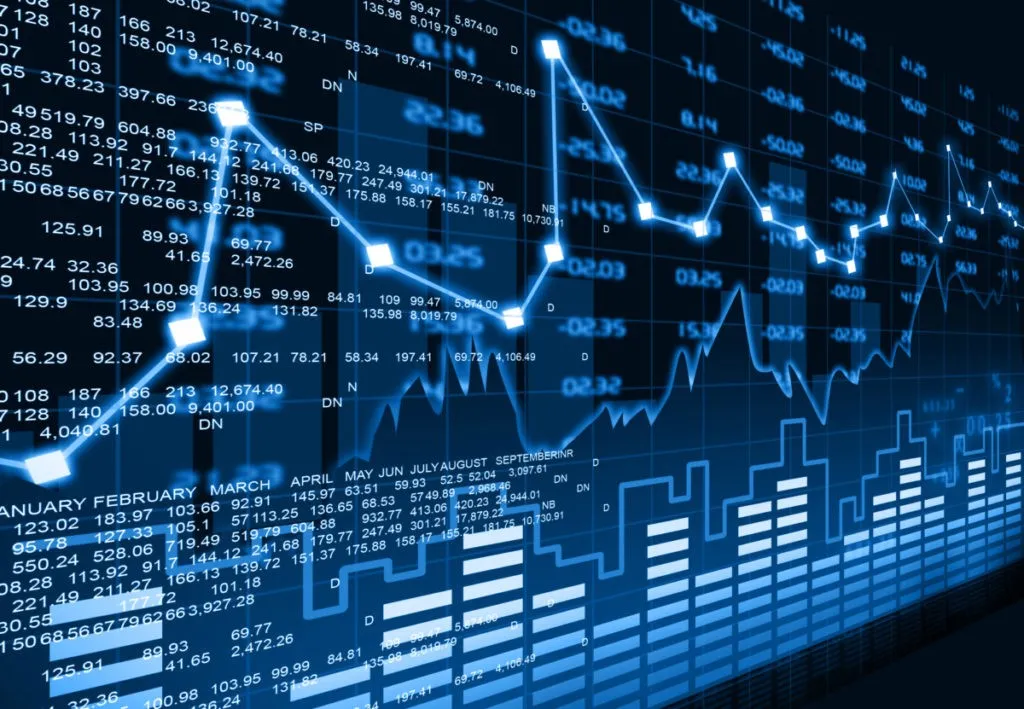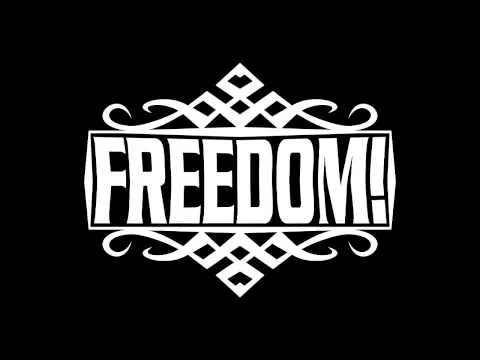
Historically, different things have served as money at the same time at the same place. Before centrally-imposed currencies, no economy was dependent on a single medium of exchange. This meant different ways of accounting for value or storing value could meet the needs of the market as they developed. One disadvantage was that whatever was being used as currency could not be employed or consumed. Without a single unit of accounting, the widespread reach of industry might have been hampered, but in the absence of a centrally-imposed currency, the market would have quickly established a universal standard as needed. Even now, at the height of centrally-imposed currencies, many transactions happen as barter, in some way off the record, or based on an alternative means of accounting for value.
Sometimes governments operate central banks themselves, sometimes they use “public-private” partnerships, but either way, coercion is what makes a currency the official medium of exchange. If you use a currency they don’t like, people with guns come and lock you in a cage. They need us to use the official money or else the modern banking racket doesn’t work. In a free market, banks provide very important money management services. While money is a medium of exchange, it is still subject to the fundamental forces of supply and demand. When the banks create more money, they are inflating the money supply, increasing the amount of currency in circulation, and devaluing all the money currently being held.
Creating money and forcing us to accept it is worse than stealing because it attempts to hide how badly we are getting cheated. It also hides who is responsible. Is it the central banker who creates more money? Is it the politician who votes for the debt? Is it the tax enforcer? Is it the banker who gets to decide who gets massive loans? Maybe it’s the voters who were fooled by politicians who do nothing to challenge this racket because they serve as its cheerleaders.
Many people profit from centrally-imposed currencies, so their supporters are fierce and well-funded. They are the politicians who deliver “pork” to their voters and payoffs to key demographics. They are the government contractors who give kickbacks to politicians in appreciation for exorbitant profits. They are the bankers and heads of financial institutions. The beneficiaries of this system have a huge advantage over everyone else, not just by getting so much “free money” but also by getting to spend that money before its price-raising effects are felt throughout the market.
Some central banks use “price stability” as their excuse for creating money. This is one way governments work as promised. As a healthy economy develops, production techniques improve, technology improves, and efficiency improves, so prices come down. This means the average person can afford more stuff, more services, and a higher standard of living. Central banks are limited in how much money they can create by complaints about rising prices, but to the extent prices do not go down as much as they should, wealth is being robbed from us by those who are getting all the benefits of being hooked up to the central bank.
The effects of a central bank are pervasive and far reaching. Not every new unit of currency created goes directly into the hands of the beneficiaries. That would be too obvious. Much of the money goes to various government programs. This money often ends up going to purposes valued by the market, but in a way that reinforces dependency on the central racket. Much of the money goes to educational institutions or other influential groups and the conversation is polluted with bias. Some of the money finds its way into economics departments at universities, where the next generation is taught that the fraud is not only harmless, but essential. This message is then echoed in the mainstream media.
Forcing someone to use a currency that is constantly losing value discourages savings. The distortion of the saving/spending balance has even worse long-term effects like malinvestment and bubbles. The flow of money created by central banks and other major financial institutions attached to them encourages wild market swings through reckless investment. Often coupled with the effects of central banks are government edicts, tax breaks, or other incentives that channel money into certain areas, creating massive bubbles that inevitably pop with painful consequences.
Despite attempts to kill competing currencies, technology is making it impossible to stop the increasing demand from being met, as more of us realize that holding government money is an avoidable way of paying taxes. Governments have often resorted to confiscation of precious metals or other strict regulations on their trade and ownership, but because they have never been perfectly effective, people have always sought to own gold and silver as alternative stores of wealth. Due to this demand, use of gold and silver has increased dramatically in recent years.
The most important developments in money will be those that do not just repackage or accelerate old forms of it, but create entirely new systems. Digital, decentralized “cryptocurrencies” are already being tested by the market and might just be the new money that completely replaces centrally-imposed currencies. No one knows what future markets will demand from their money, or how technology might meet those demands. Existing technology already empowers us to opt out of government money systems. When enough of us decide that we don’t want to get ripped off any longer, the government money racket will be obsolete.
The money racket is central to the existence of all modern governments. It doesn’t matter if the government is controlling the money, or the people controlling the money are controlling the government. Whoever is controlling the money is controlling the government and coercion makes the entire racket possible. When we are free to pursue our needs without the threat of violence, we will always be happier. Nowhere is this more true than in our choice of money.
Chapter 6 Section II From FREEDOM! by Adam Kokesh

I am the author of FREEDOM!, a book endorsed (I mean banned) by the US Department of “Justice.” You can get a copy here. I’m running for Not-President in 2020 on the platform of the peaceful, orderly, and responsible dissolution of the United States federal government. You can find out more here. You can find an event near you here. Whoever has the top comment on this post after 24 hours can claim a free signed copy of FREEDOM! by sending me a message with their address.